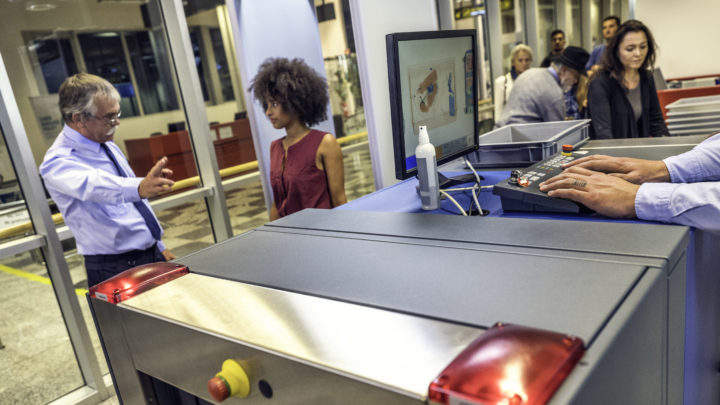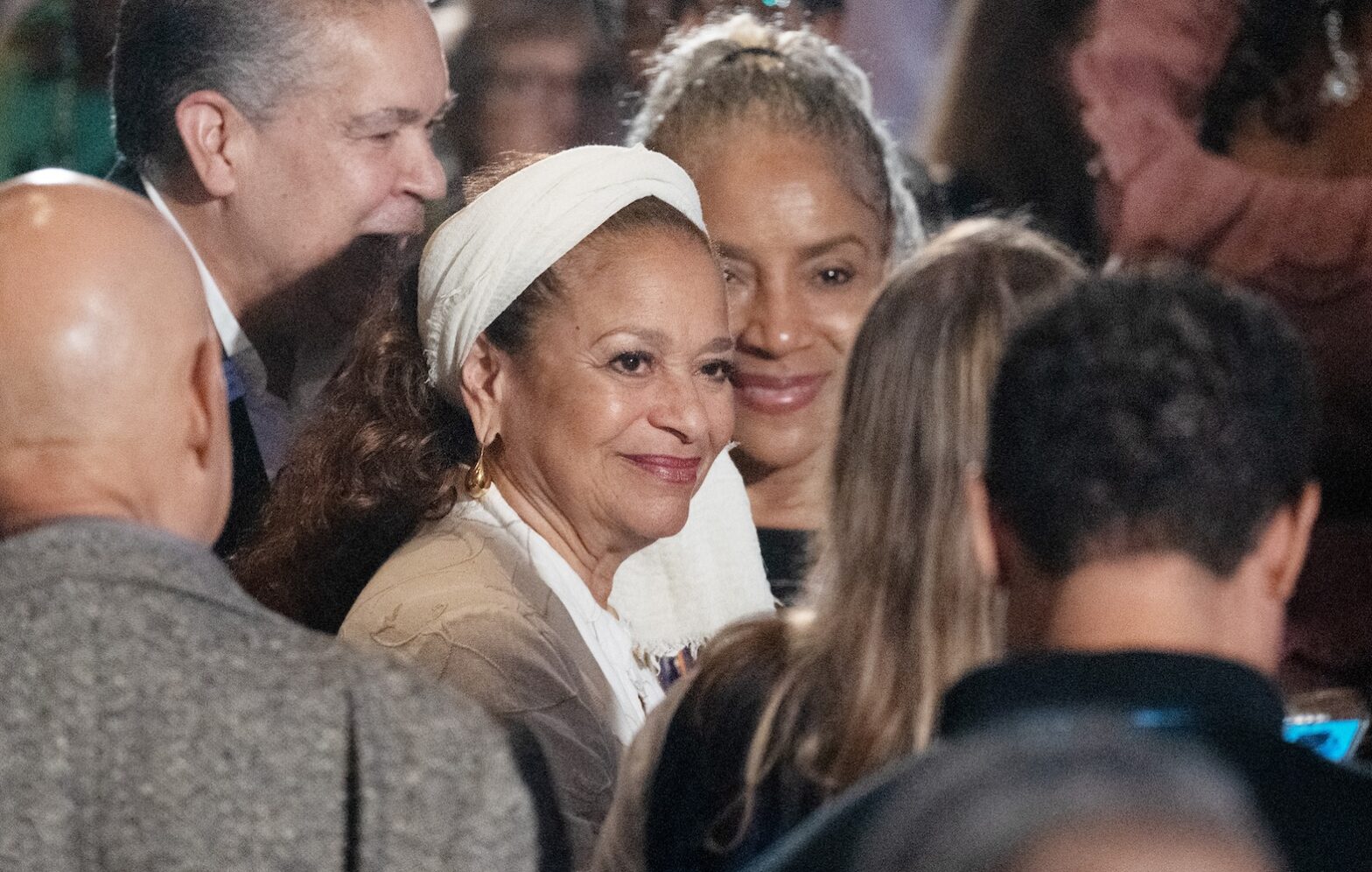When you’re traveling, we come in contact with people that are supposed to help us through our travel experience. At the airport, you have your baggage handlers, flight attendants and most importantly, Transportation Security Administration officers, aka TSA. While they’re the ones assigned to protect us, nowadays it seems like they need their own security.
Reports show that assaults against TSA officers have grown 31 percent, with close to 34 officers being attacked in 2017. When we say attacked, we don’t just mean physically. They’ve been verbally attacks as well. Now we know passengers may get a little testy when they’re in a rush and have to go through security, but that’s not TSA’s fault. They shouldn’t have to worry about being attacked.
When studying these attacks, TSA has put out a profile of what their attacker normally looks like. A male passenger between the ages of 41 and 50, with the incidents happening during a pat down or a bag check. There should be nothing to hide, right? President of the American Federation of Government David Cox says that the lack of TSA officers could be a cause for the hostility. “There are less officers which frequently causes lower morale, causes lines to be longer at airports and therefore people get frustrated because they are in lines longer,” Cox says. That’s still not a reason to lay hands on someone.
Last year, a random attack happened when a passenger at Portland International Airport grabbed a female officer and attempted to wrestle her to the ground. He was instantly stopped by fellow officers. After his hands were placed behind his back, the passenger identified as Anthony Tavoloni bolted at the TSA officer and hit him in the face. Again, the officers quickly wrestled him to the ground until police arrived.
TSA has come up with ways to keep an eye out for similar passengers with a watchlist. However, those passengers are still allowed on flights and there isn’t any extra security that they need to go through. Even though the number of attacks has grown the upside, the agency admits that there is less than one assault per 17 million passengers screened.





